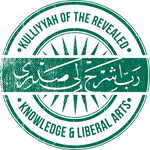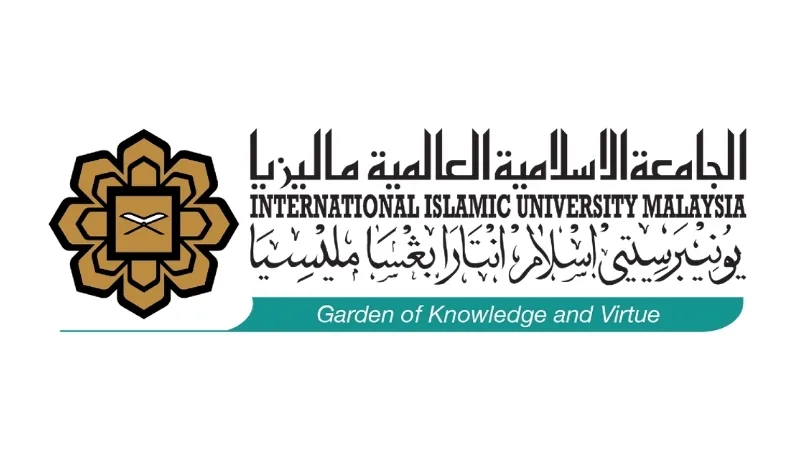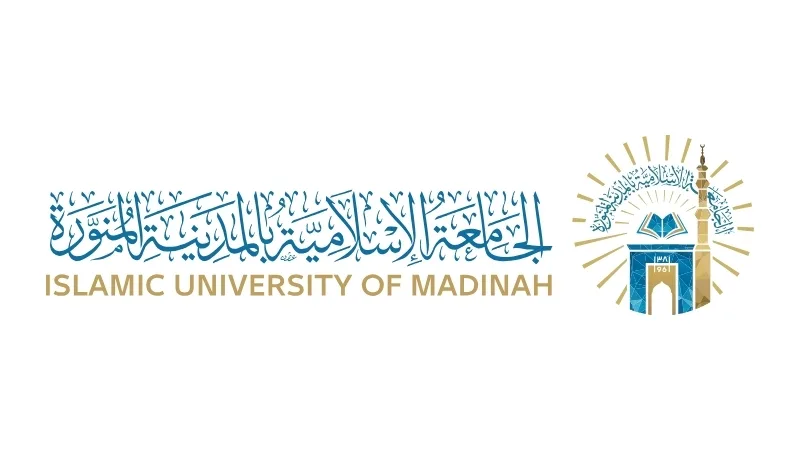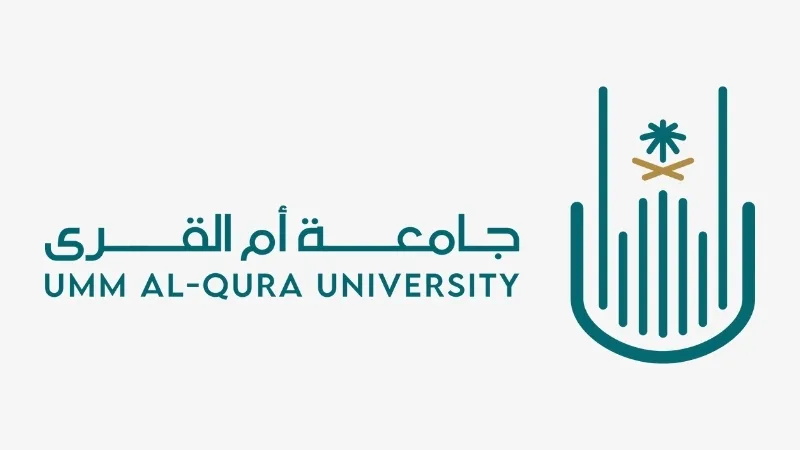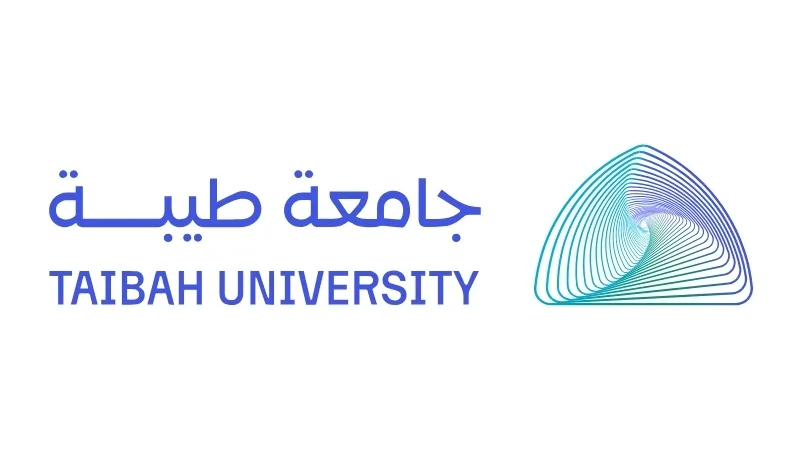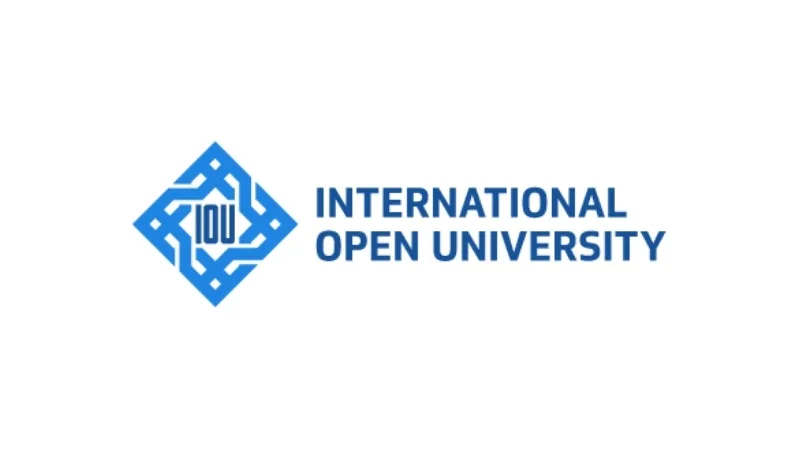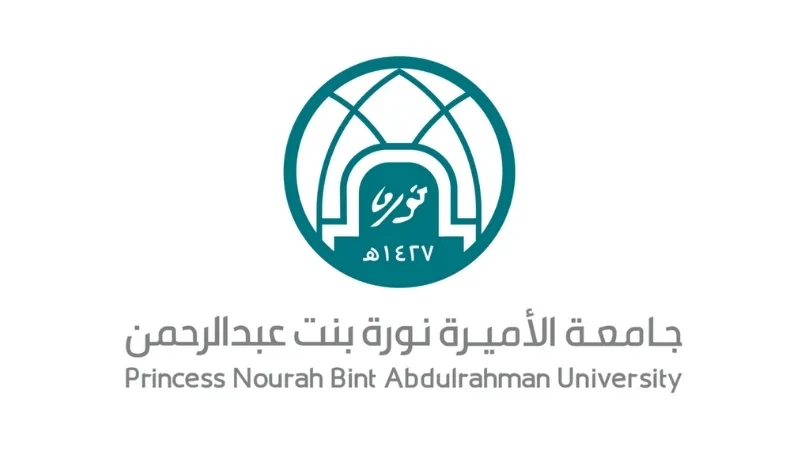What is the Islamic Curriculum at Kulliyyah?
The curriculum guidelines of Imam Mohammad Ibn Saud Islamic University, Saudi Arabia and Madinah manhaz are the core knowledge sources in crafting each lesson plan. Being a living document, we examine and revise the curriculum periodically. Generally, the Kulliyyah curriculum for your children covers essential subjects such as Quranic Studies, Islamic Creed (Aqidah), Jurisprudence (Fiqh), Life Skills (Tazkiyah), Hadith (Sunnah Studies), Seerah (biography of the prophet Muhammad ﷺ), Tarikh (History) and Arabic language. These subjects aim to deepen a child’s understanding of Islam, its teachings, and its practical application in daily life.
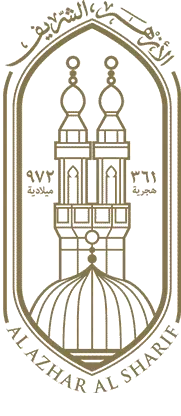
Quranic Studies (Dirasatul Quran)
Beginning with the fundamentals of Quranic recitation (Tajweed), courses progress to memorization (Hifz) of the selected part of Al Quran, where children commit verses to memory, and Quranic interpretation (Tafsir), where they delve deeper into the meanings and teachings of the Quran. These studies enable children not only to recite the Quran with proper pronunciation and rhythm but also to comprehend its divine message and apply its teachings in their lives.
Islamic Creed (Aqidah)
At the core of Islamic belief lies Aqidah, which instills in children the foundational tenets of their faith. This subject covers the belief in the Oneness of Allah (Tawhid), the existence and role of angels, the divine scriptures revealed by Allah, the prophets (including Prophet Muhammad ﷺ) and their messages, the Day of Judgment, and the concept of predestination. It also includes identification and rejection of any non-Islamic, pseudo-Islamic and innovation or new practice (bid’ah) introduced into Islam that is not rooted in the Quran or the Sunnah. A thorough understanding of Aqidah forms the bedrock of a child’s faith, grounding them in the principles that define Islam.
Islamic Jurisprudence (Fiqh)
The practical application of Islamic teachings is elucidated through Fiqh, which guides children on how to observe and practice their faith in daily life. Topics covered include the five pillars of Islam: Shahada (declaration of faith), Salat (prayer), Sawm (fasting), Zakat (obligatory charity), and Hajj (pilgrimage), alongside detailed instructions on their performance according to Islamic law. Furthermore, Fiqh extends to encompass aspects of social conduct, such as family relations, ethics, manners, and personal hygiene, equipping children with the knowledge and skills to navigate life’s challenges in accordance with Islamic principles.
Life Skills (Tazkiyah)
Tazkiyah focuses on the spiritual refinement and moral development of children, emphasizing the purification of the heart and the cultivation of virtuous character traits (khusu/Khuju/Ihsan etc.). Through practices such as Dua, Dhikr (remembrance of Allah), reflection, and self-discipline, children are encouraged to introspectively assess their actions and intentions, striving towards spiritual growth and closeness to Allah SWT. Tazkiyah aims to nurture humility, patience, gratitude, compassion, and other qualities that embody the ideal Muslim (Mumin & Muminah) character, fostering a sense of inner peace and righteousness.
Sunnah Studies (Dirasatul Hadith)
The study of Hadith encompasses the sayings, actions, approvals, and disapprovals of Prophet Muhammad ﷺ. These traditions serve as a comprehensive guide for Muslims, offering practical insights into various aspects of faith, conduct, morality, and jurisprudence. Children are introduced to the compilation, authentication, and categorization of Hadith collections, studying narrations that provide authoritative guidance on issues not explicitly detailed in the Al Quran. By understanding and applying Hadith teachings in their lives, children gain a deeper appreciation of prophetic wisdom and embody the ethical principles advocated by Islam.
Seerah (Biography of the Prophet Muhammad ﷺ)
Seerah elucidates the life, teachings, and exemplary conduct of Prophet Muhammad ﷺ, presenting him as the ultimate role model for your children. Children explore significant events from the Prophet’s life, including his upbringing, marriage, prophethood, migration (Hijrah), major battles, and the conquest of Makkah. Through a comprehensive study of Seerah, children glean invaluable lessons in leadership, resilience, compassion, forgiveness, and devotion to Allah SWT. By emulating the Prophet’s character and actions, children strive to embody the principles of justice, mercy, and sincerity in their daily lives, thereby strengthening their bond with Islam and the Muslim community.
Arabic Language
Proficiency in Arabic is fundamental to accessing and understanding Islamic texts, including the Quran, Hadith, and classical Islamic literature. We introduce children to the basics of Arabic grammar, vocabulary, writing, and pronunciation, facilitating their comprehension of religious texts and fostering a deeper connection to their faith. By learning Arabic, children gain the ability to recite Quranic verses fluently, appreciate the linguistic nuances of Islamic teachings, and participate more actively in religious rituals and scholarly discussions. Moreover, Arabic language instruction enhances cultural awareness, instilling a sense of pride and identity in children as they explore the rich heritage and linguistic heritage of Islam.
History (Tarikh)
Allah SWT repeatedly commands Muslims in the Quran to observe, consider, and reflect upon the lessons from the history of bygone nations. Instructing the Muslims in moral and spiritual history of the earlier nations seems to be one of the major emphases of the Quran. Islamic history covers an extensive study of the Islamic past, from the time of the Prophet Muhammad ﷺ to contemporary times, offering insights into the evolution of Islamic civilization. This will be achieved by starting with the basics of fundamental Islamic beliefs and practices, utilizing storytelling and visual aids to capture their imagination, focusing on positive aspects and instilling important values through historical narratives. Important events in Islamic history for kids include major historical milestones of prophet Muhammad ﷺ, stories from Al Quran, major Islamic cities & Muslim civilizations, key Islamic rulers/conquerors, contributions to different branches of knowledge, Islam in Bangladesh, Ramadan, Eid al-Fitr, Hajj, Eid al-Adha, Ashura etc. each carrying significant religious and cultural significance.
